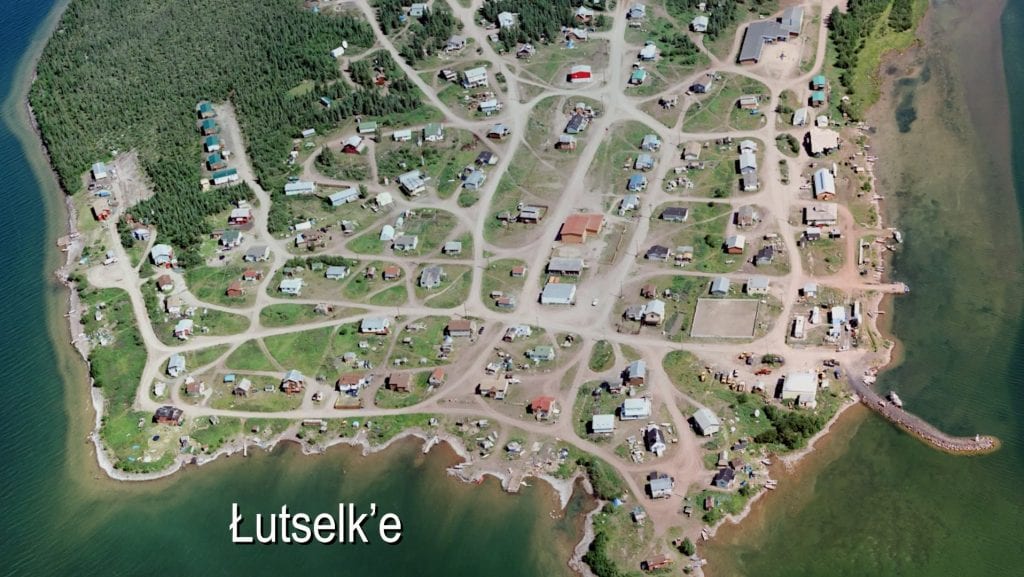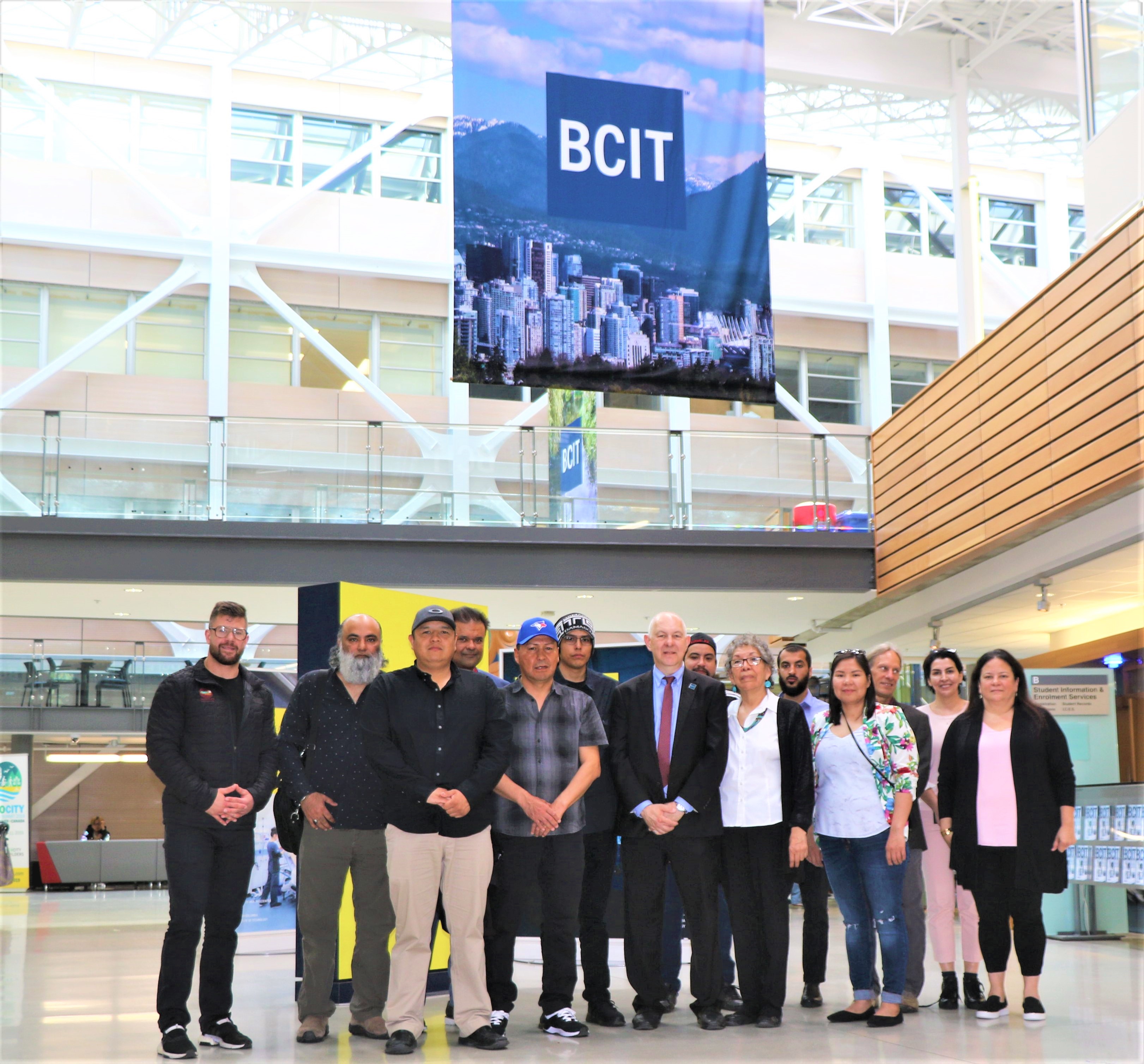The BCIT Smart Microgrid Applied Research Team (SMART) has partnered with the Denesoline Corporation Limited to develop an efficient remote community renewable energy platform for Lutsel K’e First Nation Community in the Northwest Territories. This clean energy system will allow the community to gradually reduce their reliance on diesel, and in time move towards replacing diesel fuel with renewable sources of energy altogether.
In an announcement made by Michael McLeod, Member of Parliament for the Northwest Territories, on behalf of Canada’s Minister of Natural Resources, the Honourable Amarjeet Sohi, the Government of Canada is investing $3.8 million into six projects that will bring clean energy technologies to the Northwest Territories and help communities build a cleaner future. This project with BCIT SMART is one of the six projects to receive this funding.
“Supported by local knowledge, we will be able to develop an accurate picture of the Lutsel K’e community’s energy needs. This is critical in helping us identify suitable technologies and designing the Microgrid concept,” said Dr. Hassan Farhangi, Director, Smart Microgrid Applied Research Team (SMART).
SEE MORE: BCIT researchers help install first EV fast-charging station in Cache Creek

Lutsel K’e is not connected to the North American electricity grid nor the piped natural gas network. It is not accessible by road. The electricity needs for Lutsel K’e community are currently provided primarily by diesel generators and by a recently added 35 kW Solar PV farm.
As there is no road link, the community has to ferry-in an annual supply of diesel fuel for storage on site. The transition to a green powered system will significantly reduce the potential of harmful spills of diesel fuels and toxic diesel fumes which greatly impacts the Lutsel K’e community’s health and land.
The solution is a hybrid energy platform, consisting of renewable energy sources and storage components, controlled by a learning utility-grade Energy Management System (EMS). This complements the existing diesel generators and will allow the community to gradually reduce its reliance on diesel as the primary source of power generation.
Have you subscribed? Sign-up to receive the latest news on BCIT.

This project sounds groundbreaking – replacing diesel with renewable sources of energy would really help environment, the health of this community and decrease the risk of spills during transport. I am so glad to hear BCIT’s project was chosen to receive the funding – this has the potential to bring real positive change to this landlocked community.